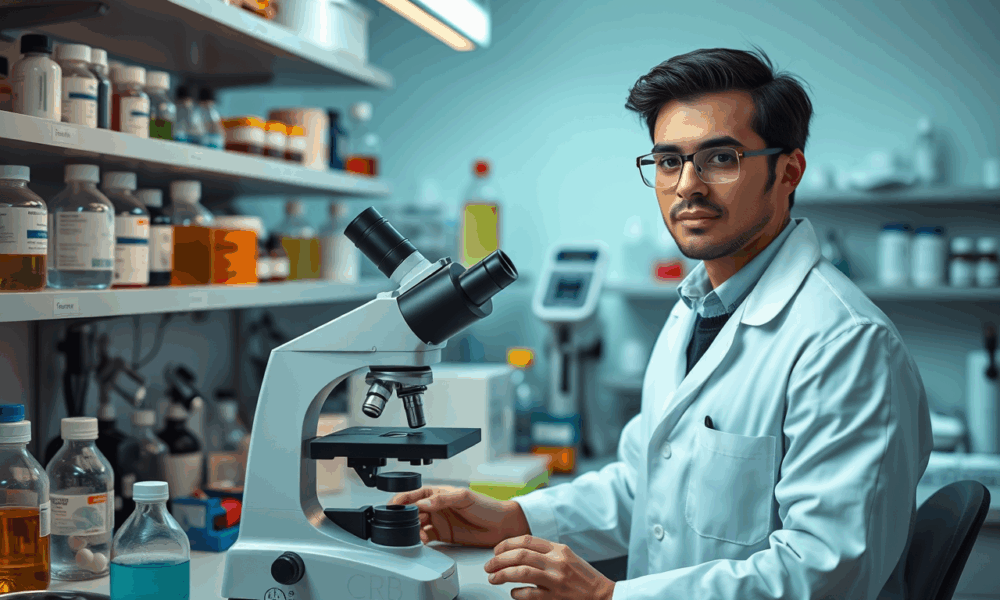
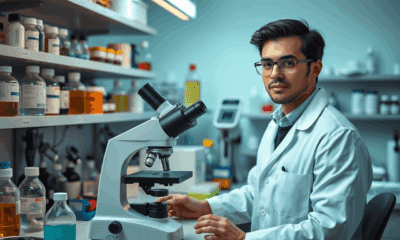

Researchers have synthesized a new compound called infuzide that shows activity against resistant strains of pathogens.



Scientists have reported use of antibacterial coatings made from resilin-mimetic proteins to fully block bacteria from attaching to a surface. A protein that gives fleas their...
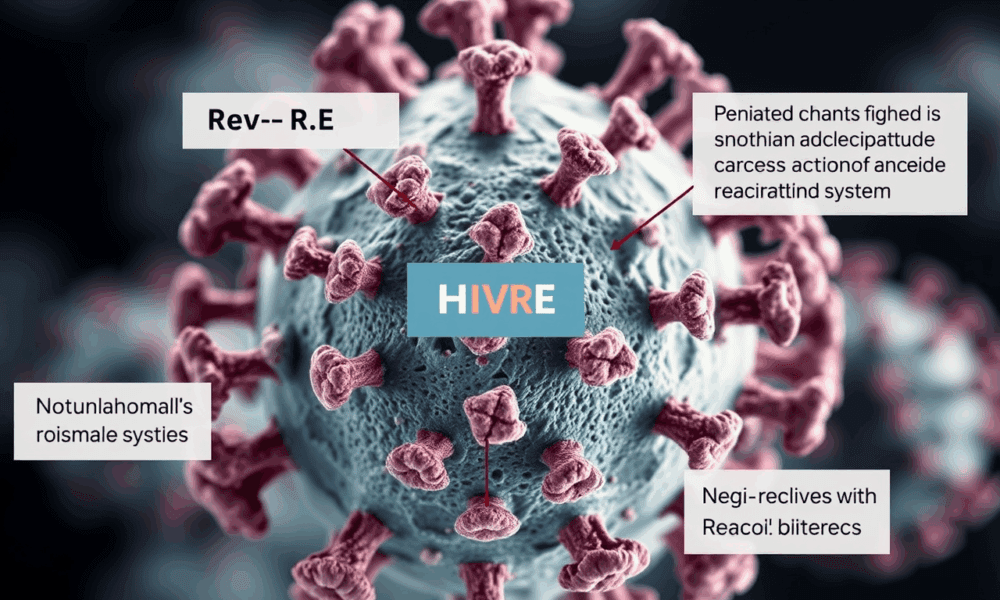
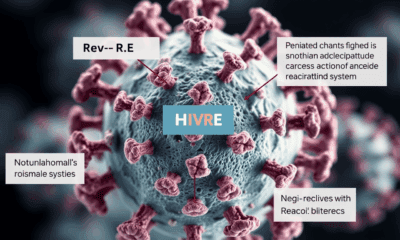

New HIV research shows that small changes in the virus affect how quickly or slowly it replicates and how easily it can reawaken in the body....
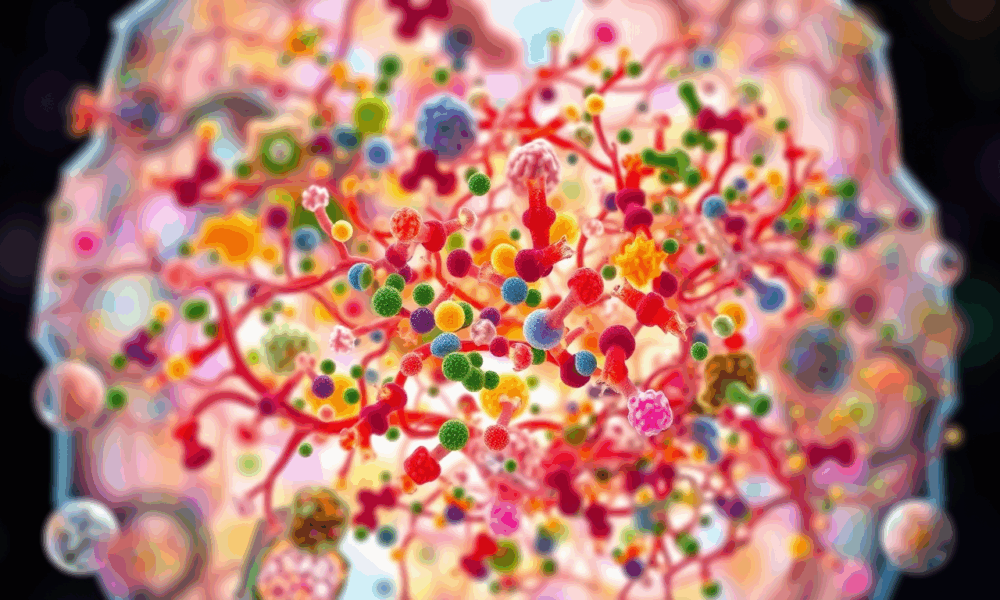
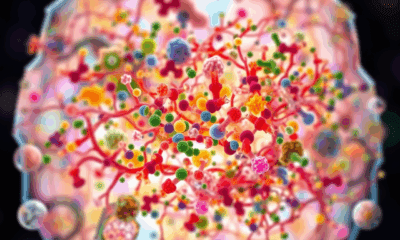

'Biomarkers' may help to improve detection and treatment of gastrointestinal diseases such as gastric cancer, colorectal cancer, and inflammatory bowel disease.
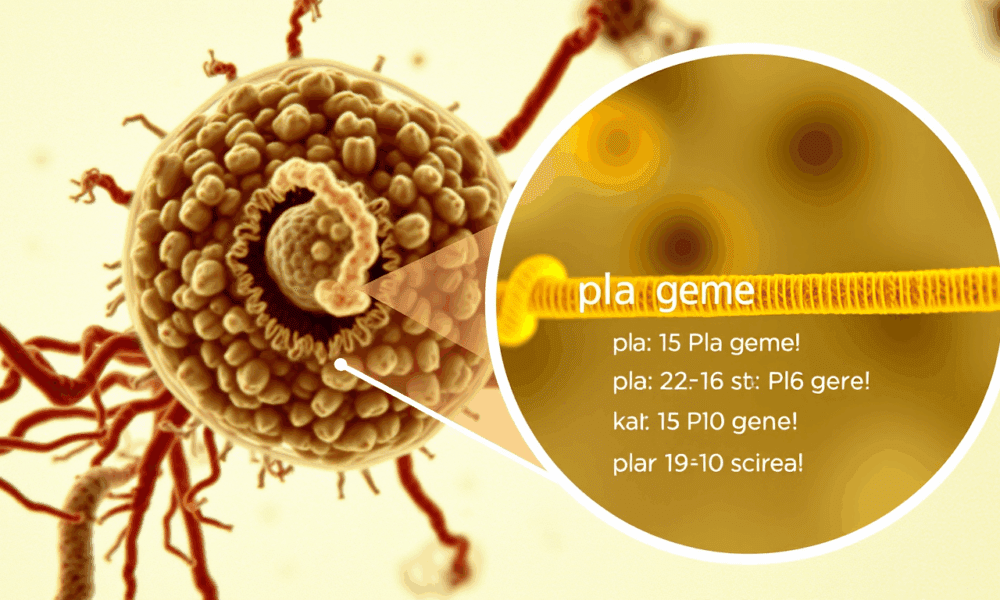
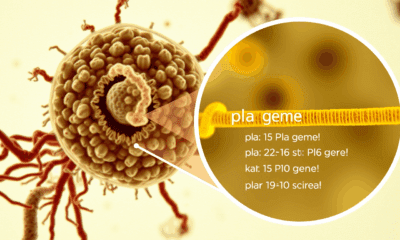

Scientists have documented the way a single gene in the bacterium that causes bubonic plague, Yersinia pestis, allowed it to survive hundreds of years by adjusting...
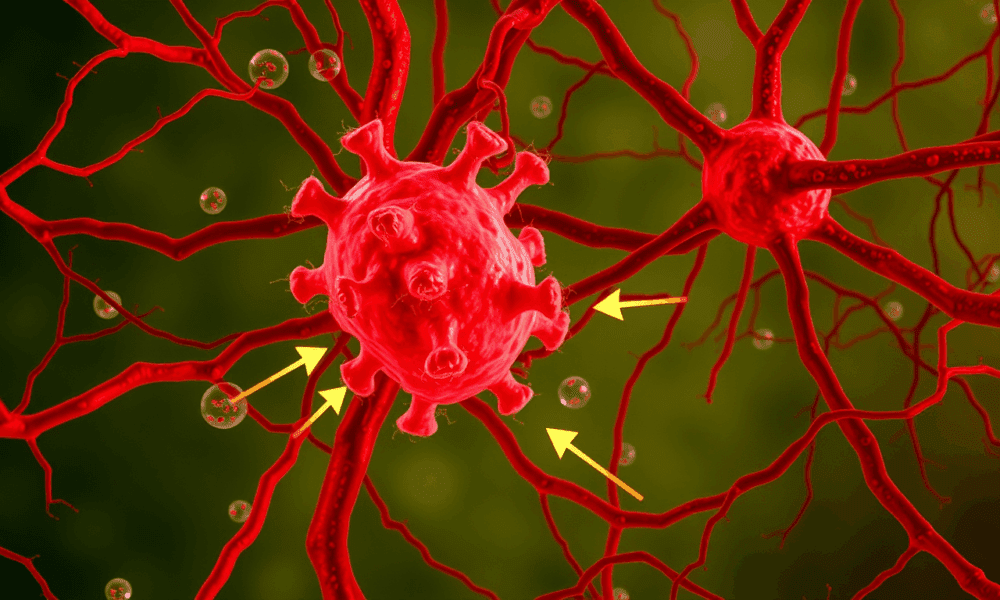
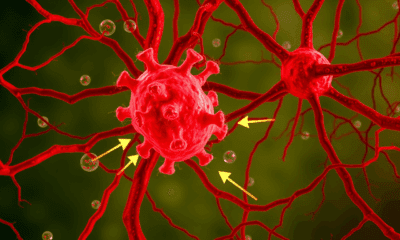

The aging of the innermost cell layer of blood vessels leads to cardiovascular diseases. Researchers have now shown for the first time that intestinal bacteria and...



Researchers have analyzed ancient DNA from Borrelia recurrentis, a type of bacteria that causes relapsing fever, pinpointing when it evolved to spread through lice rather than...
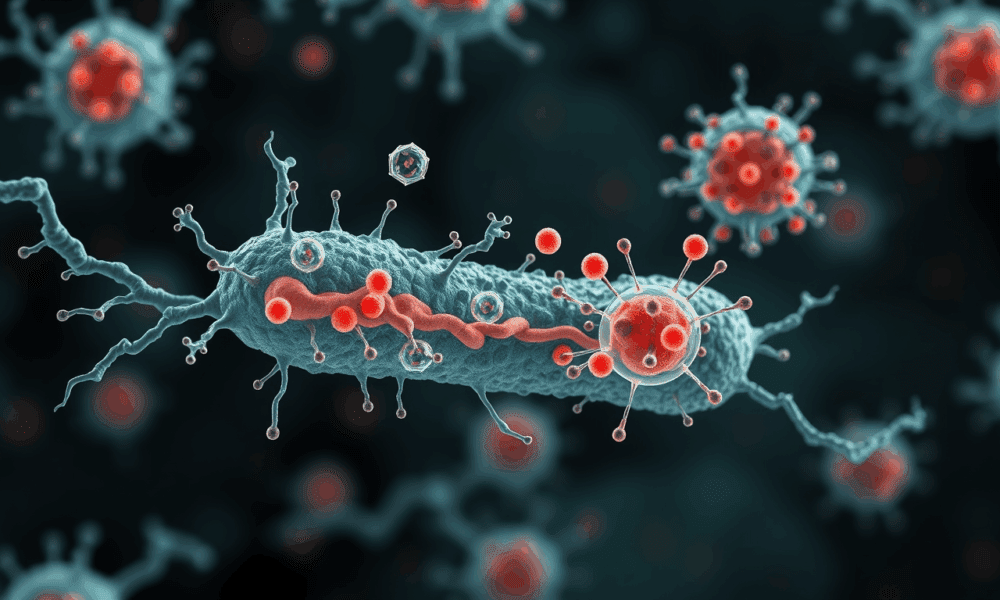
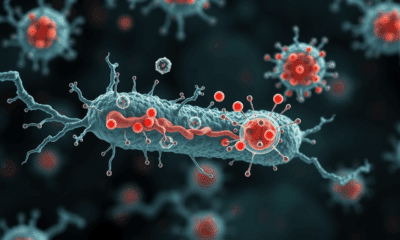

New research demonstrates how specially engineered bacteria taken orally can operate as a delivery system for vaccines and antiviral therapies.
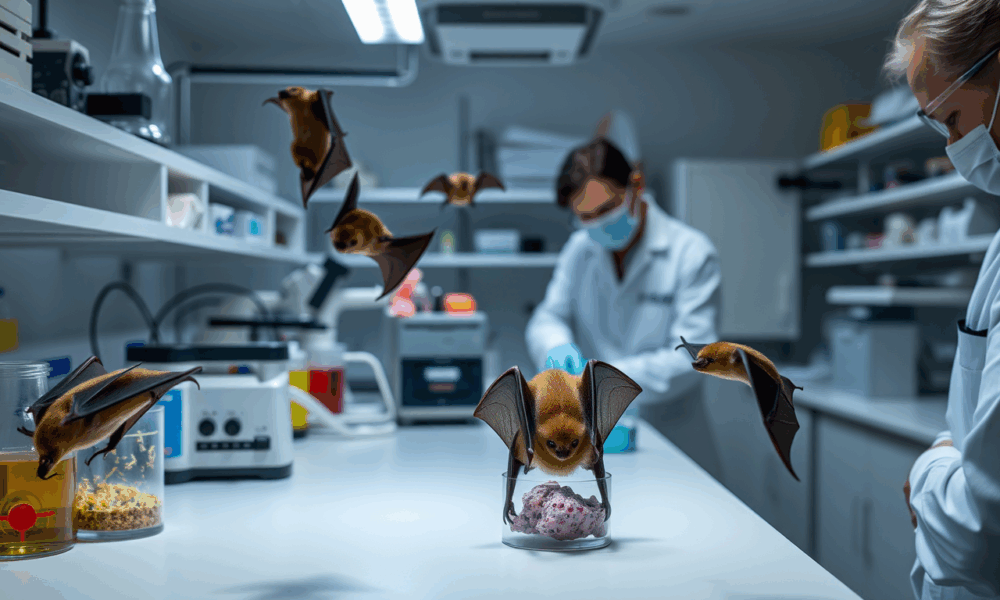
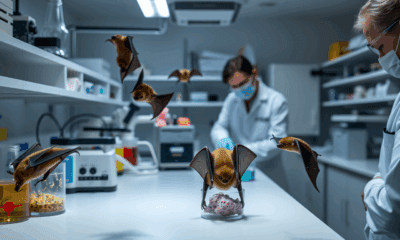

Bats are known as natural hosts for highly pathogenic viruses such as MERS- and SARS-related coronaviruses, as well as the Marburg and Nipah viruses. In contrast...
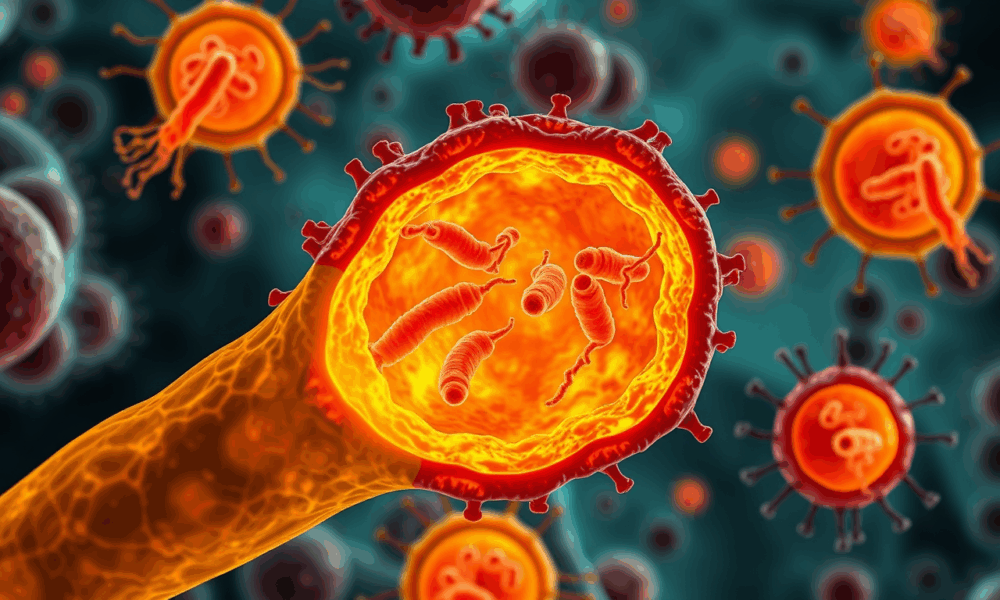
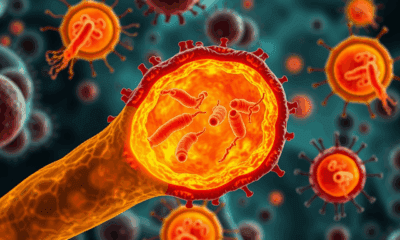

The body defends itself against pathogens by depriving them of vital iron. However, this strategy doesn't always succeed against Salmonella. Researchers have discovered that these bacteria...